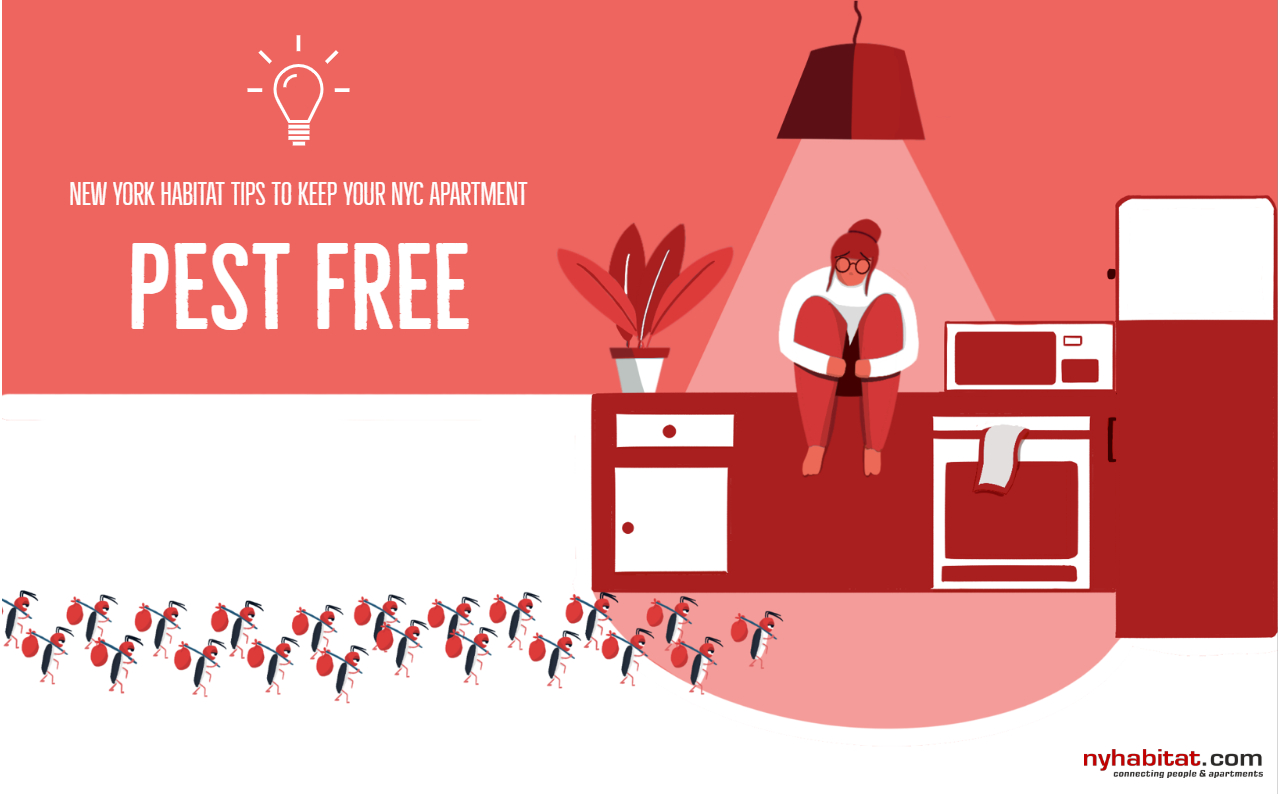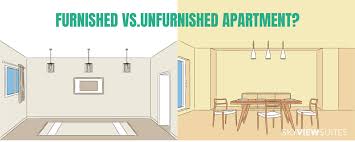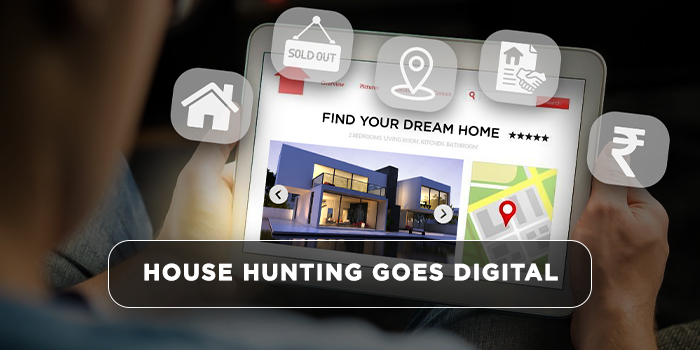By Team hovee Rent
March 25, 2025 · 6 min read
Being a first time renter can be challenging. Without any experience, it’s difficult to know what to look for or what steps to take to make your search easier.
However, the process can feel overwhelming with so many factors to consider - budgeting, amenities and finding the right location. If this is your initial experience in renting an apartment, you must be aware of a few details before beginning.
In this guide, we’ll walk you through the key steps to rent with confidence that the journey is even more manageable and budget-wise.
1. Set a Realistic Budget Plan
One of the most important steps in renting your first home is setting a clear and realistic budget. Without proper financial planning, you may find yourself struggling with rent payments or unexpected expenses.
The first step in determining a rental budget is understanding how much rent you can comfortably afford each month.
Follow the 30% Rule
A good rule of thumb is the 30% rule, which suggests that your rent should not exceed 30% of your gross monthly income.
.png)
Life is unpredictable, and unexpected financial setbacks can make rent payments difficult if you are unprepared. Remember to allocate funds for your monthly expenses and emergencies.
Factors In Additional Expenses:
- Utility bills (electricity, water, gas)
- Internet and mobile plans
- Groceries and daily expenses
- Emergency fund (at least 10% of income)
Planning ahead your budget ensures a smooth renting experience and allows you to enjoy your new home with peace of mind.
2. Research the Neighbourhood :
Location plays a huge role in your renting experience. A great property in a poor location won’t serve you well.
Things to Consider:
- Safety: Look into local crime statistics
- Proximity: Schools, hospitals, workplaces, transport hubs, and grocery stores
- Community vibe: Social settings, parks, noise levels
How hovee Rent helps you :
Our advanced map interface integrates property’s location to enhance your property search. hovee’s map interface is designed to trace the tenant's current location and fills it in search form that will help to focus on the tenant's preferred area and its amenities.
Tenants will be enabled to find properties easily as it helps to save time and improve their property search experience.
3. Conduct a Thorough Property Inspection
A property inspection ensures that your rental is safe and functional.
Don’t rush the process - taking the time to inspect, document and ask questions can save you from unexpected expenses and future headaches.
Remember to inspect these following :
- Plumbing, check whether the taps doesn't leak
- Check Electrical outlets and appliances
- Check walls, ceilings and floors for damage.
- Ensure to check proper ventilation
- Look for signs of pests
How hovee rent helps you :
Fortunately, the hovee Rent platform proceeds a double verification process for each and every property listed by the owners. This process guarantees that all property listings are safe and trustworthy and also helps to prevent scams and misleading property details.
4. Understanding your rights as a tenant
As a tenant, knowing your legal rights is essential to ensuring a fair, safe and hassle-free rental experience.
Many renters, especially first-time tenants, are unaware of their rights, making them vulnerable to unfair treatment, illegal evictions, excessive rent increases, security deposit disputes and poor living conditions.
Key Tenant Rights:
- Right to Habitable Living Space
- Right to Privacy
- Right to Proper Notice before Eviction
- Right to Fair Housing (Protection against Discrimination)
- Right to Repairs and Maintenance
Knowledge is your best defense - stay informed, stay prepared and rent with confidence.
5. Communication with Property Owners :
.png)
Good communication between Owners and Tenants will bring a smoother rental experience. Here’s how tenants can maintain professional and clear communication with the owners.
- Always pay rent on time and have the proof of your payment.
- Notify any issues or repairs earlier to owners
- Respect the property and keep up positive and cooperative attitude
Protect Yourself by asking Right questions.
Question your owners about the property and their features. If the property owner is not willing to give you the clear answer, consider it as a red flag. Ask your owners as follows:
- How much is the monthly rent and what else is included?
- How quickly are emergency repairs handled?
- Is there any parking available for two wheelers?
- How long do tenants usually stay in this rental ?
How hovee Rent helps you :
As an added advantage in hovee Rent, After verification, Tenant’s visit to inquire about the property plays a major role in the rental process. Only after the property evaluation by tenants, the enrollment process shall be initiated by both owners and tenants.
6. Think Long Term
Staying in one place for at least 12 months before moving - short-term rentals can be seen as instability.
Many tenants pick a rental based only on current needs, but it’s important to consider how your life might change in the next 2–5 years.
.png)
Benefits of Long-Term Renting:
- Build a good owner-tenant relationship
- Avoid frequent shifting costs
- Lock in better rental rates
Final Thoughts :
Renting your first home comes with a lot of responsibility and decisions. Your first rental experience must be comfortable, convenient and worth your budget.
hovee Rent ensures that every rental step is clear, straightforward and customised to your needs.
With careful planning and the right mindset, your first rental can be a positive and rewarding experience, giving you a great foundation in hovee Rent for your future housing journey.
Happy Renting !!!
Ready to find your perfect space?
Check out the latest listings on www.hoveerent.com or download the app to begin your search.
More for you to Read :
- Owning your First Property - What Every New Owner must know (5 min read)
- How hovee Rent stands out from other platforms (5 min read)
- Your next home is just a tap away, start with hovee Rent (5 min read)

 Tenant
Tenant
 Owner
Owner




